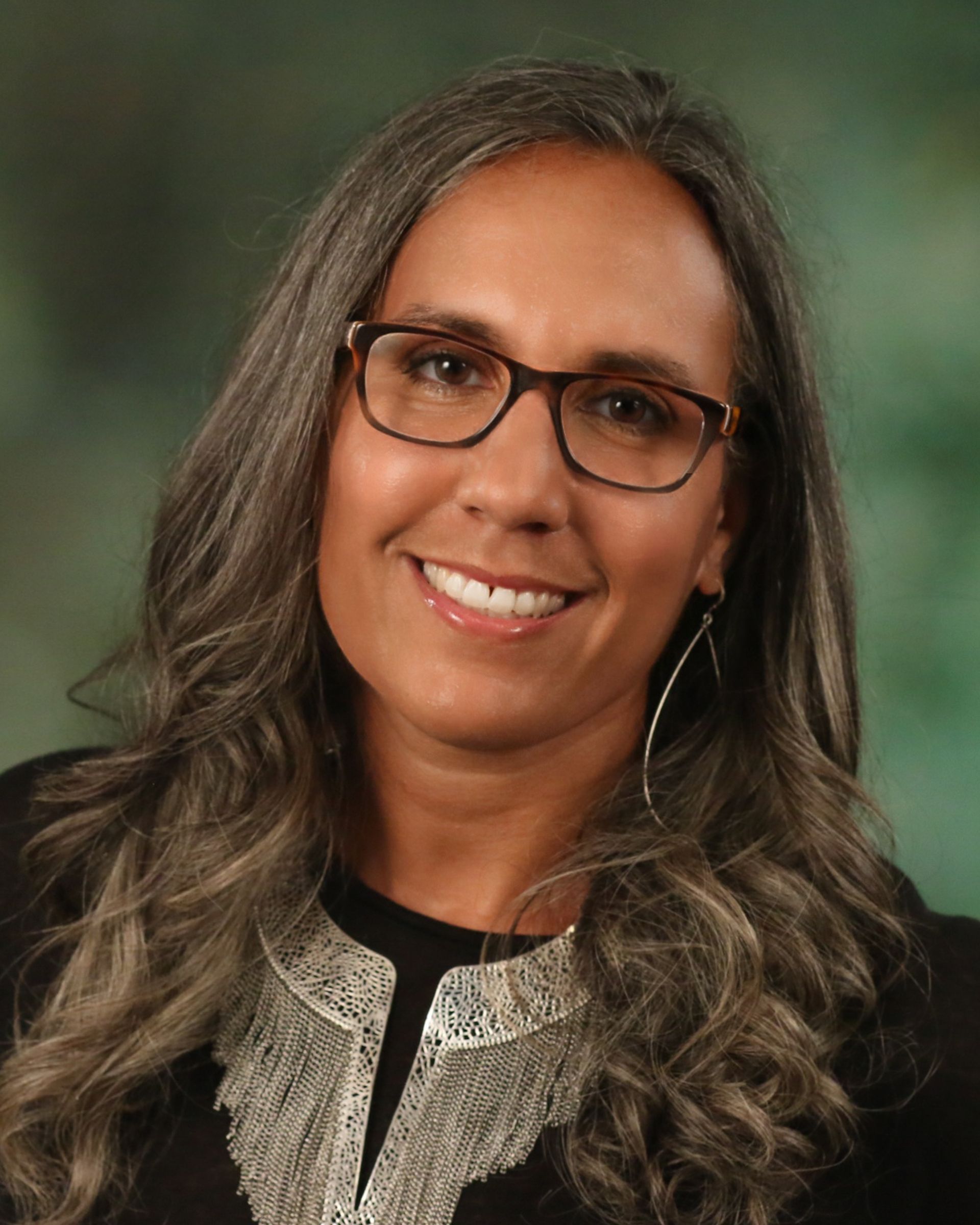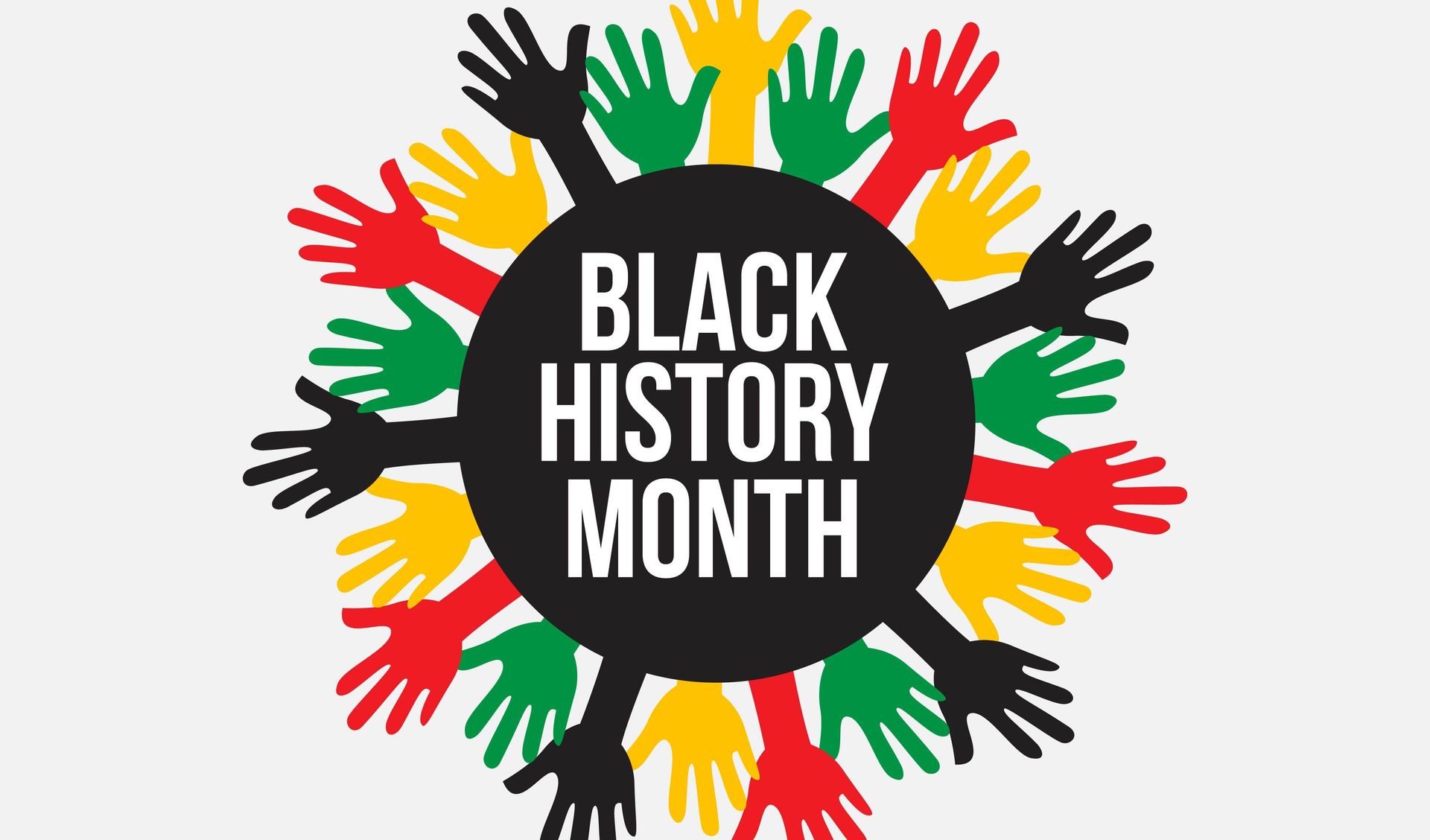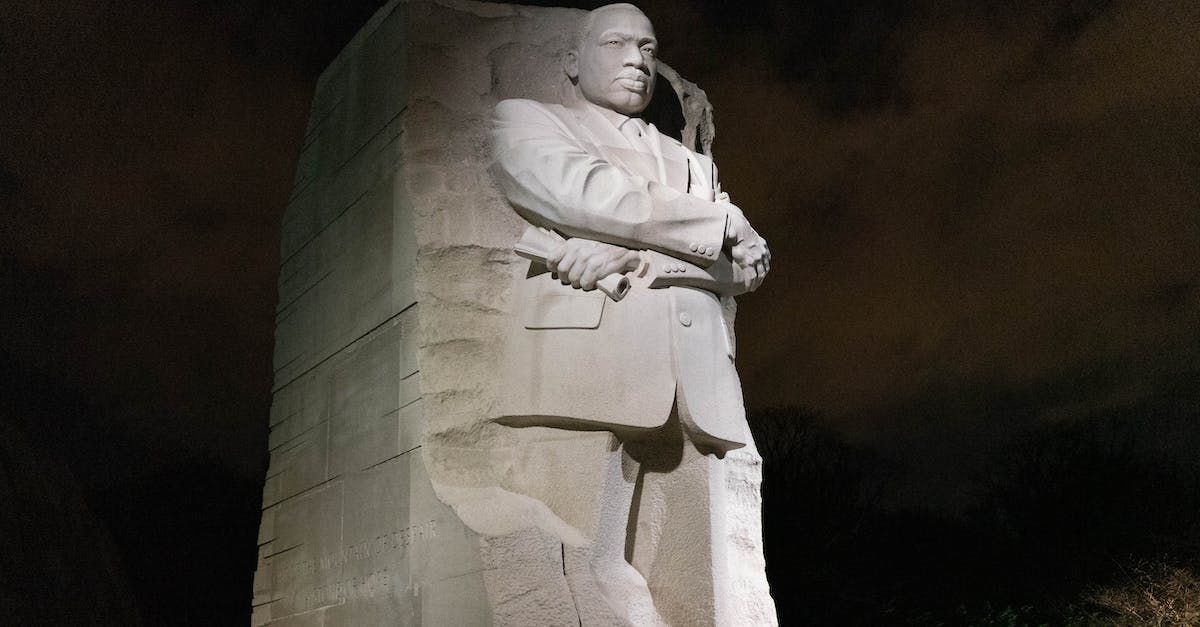Challenges Faced by African American Males in Software Development Careers
Navigating the corporate landscape as a Black software developer

Pursuing a career in software development is a path paved with innovation, creativity, and technical prowess. However, African American males aspiring to enter this field often encounter unique challenges that hinder their progress. Let's explore the top three obstacles they face, supported by evidence from research.
**Obstacle 1: Educational Disparities**
One of the primary hurdles for African American males in the journey toward a software development career is unequal access to quality education in STEM fields. Research from the National Center for Education Statistics (NCES) reveals that African American students are disproportionately underrepresented in advanced computer science courses compared to their white counterparts. This lack of exposure to foundational coding skills puts them at a disadvantage when entering the competitive world of software development.
**Obstacle 2: Lack of Representation and Role Models**
Representation matters significantly in shaping career aspirations. The underrepresentation of African American professionals in the tech industry creates a dearth of role models for aspiring individuals. A report by the Kapor Center highlights that only a mere 5% of employees in major tech companies are African American. This scarcity limits the availability of relatable figures who can inspire and guide African American males pursuing careers in software development, making it difficult for them to visualize their success in the field.
**Obstacle 3: Systemic Bias and Stereotypes**
Systemic biases and stereotypes persist as formidable obstacles for African American males aiming to establish themselves in software development. Studies, such as one published in the Proceedings of the National Academy of Sciences, expose the harsh reality that resumes with African American-sounding names receive fewer callbacks than those with more common names, even when qualifications are identical. This discrimination during hiring processes not only hinders career entry but also fosters a discouraging atmosphere for those striving to break through these barriers.
In conclusion, African American males aspiring to build careers in software development face significant obstacles rooted in educational disparities, a lack of representation, and pervasive biases. These challenges hinder their progress and limit their potential impact on the tech industry. Addressing these obstacles demands collaborative efforts from educational institutions, tech companies, and society as a whole. By dismantling these barriers, we can pave the way for a more inclusive and diverse software development landscape that thrives on the talents of all individuals, regardless of their background.










All Rights Reserved | Dr. Kai Dupé.
